What Does Homeowner’s Insurance Actually Cover?
If you’ve ever scanned your homeowner’s insurance policy and felt your eyes glaze over, you’re not the only one. It’s not exactly thrilling reading, but it is important information that you need to understand. Knowing what’s actually covered, and what’s not, can make a huge difference when something unexpected happens. And let’s be honest, the unexpected stuff is the whole reason why we buy homeowner’s insurance. So let’s go over what most homeowner’s insurance plans cover and break it down in plain English, so that you can actually understand what you’re paying for.
Damage to the Structure of Your Home
This is the big one that most people understand. If your home is damaged by things like fire, windstorms, or a falling tree, your policy typically helps cover the cost to repair or rebuild what was damaged. But it has to be a covered event. If it’s flood damage, for example, that’s often a separate policy or coverage that you have to pay extra for. So it’s a good idea to review your coverage before disaster hits, not after.
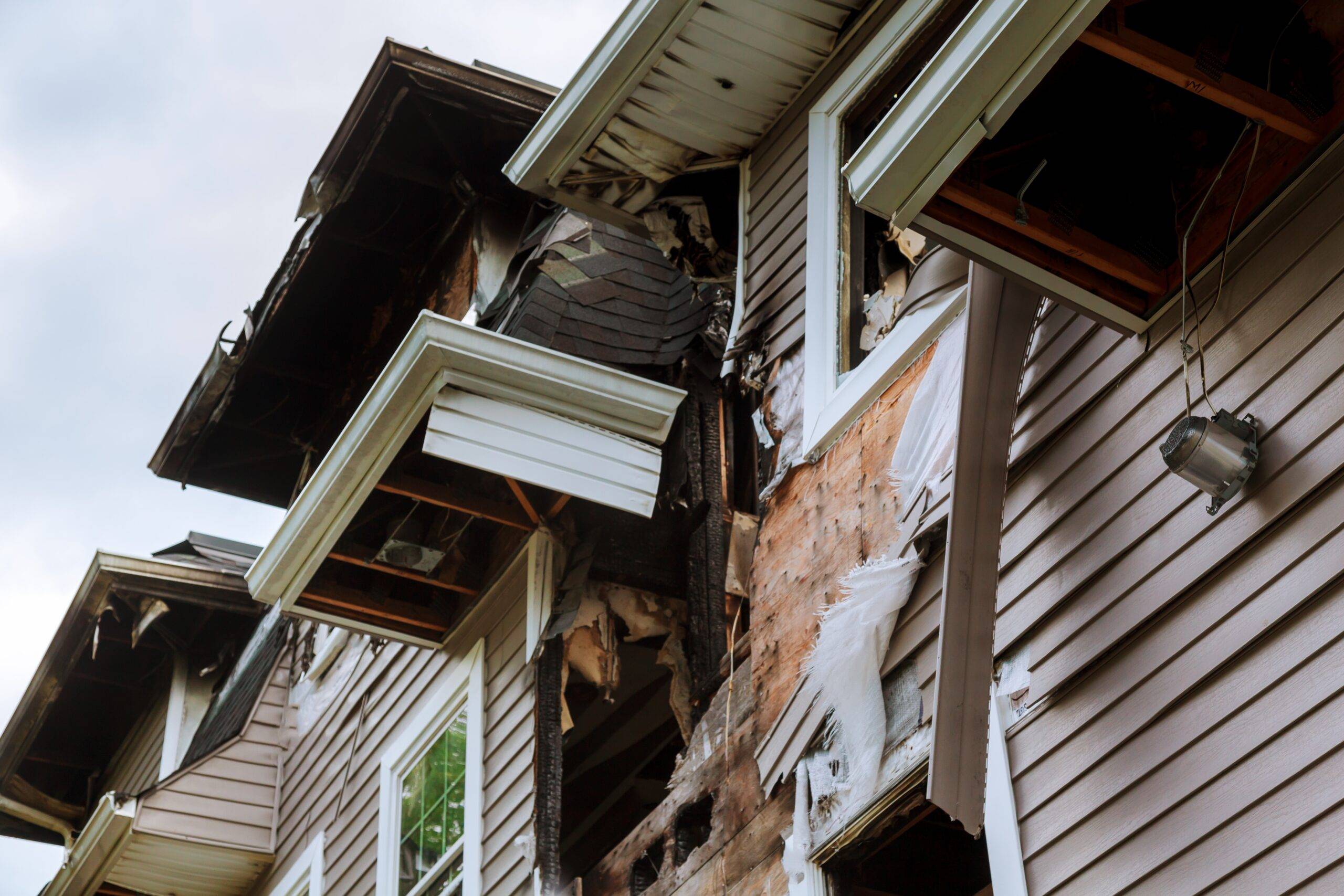
Personal Belongings Inside Your Home
Most homeowner’s policies also cover your stuff inside of your home, like your furniture, clothes, appliances, and even electronics. If there’s a break-in or a fire, you can file a claim for what was lost or stolen. But there’s usually a limit, especially on things like jewelry or collectibles. If you’ve got anything really valuable, it might be worth looking into additional coverage, just to be safe.
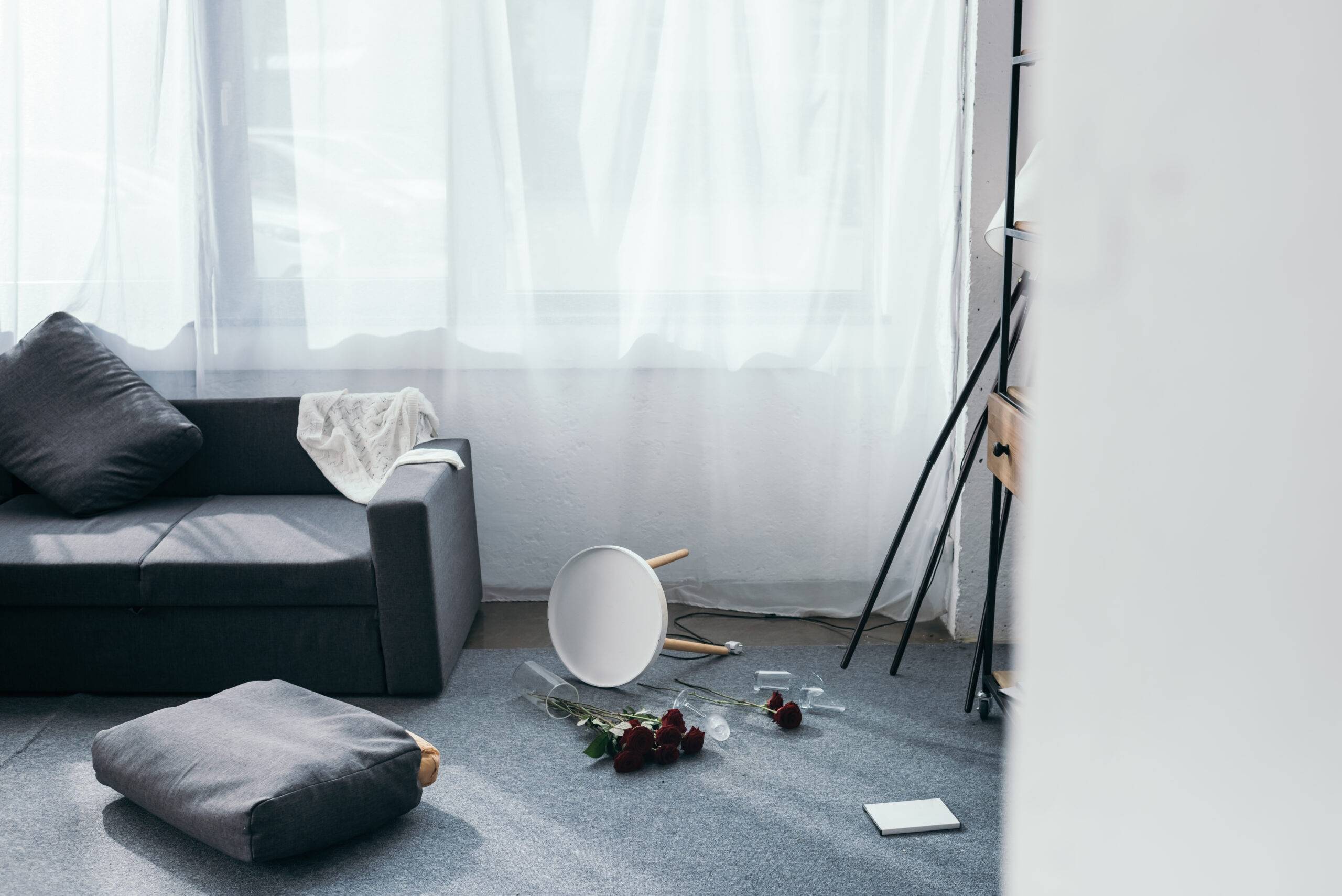
Liability Protection
Let’s say someone slips on your icy front steps and breaks an arm. If they decide to sue, your liability coverage can help with legal fees and medical bills. It’s one of those things you hope to never use, but if you ever have to, it’s a lifesaver. And liability coverage usually covers incidents that happen on your property, but sometimes even off it, depending on the situation. It’s a good idea to check your policy and find out where you’re covered for liability.

Detached Structures
Garages, sheds, fences, even a gazebo, are included in most policies under what’s called “other structures” coverage. It usually comes standard but is often a smaller portion of your overall coverage. So if your backyard shed is packed with tools or gear, it might be worth checking that the coverage you have is enough to replace what’s inside.
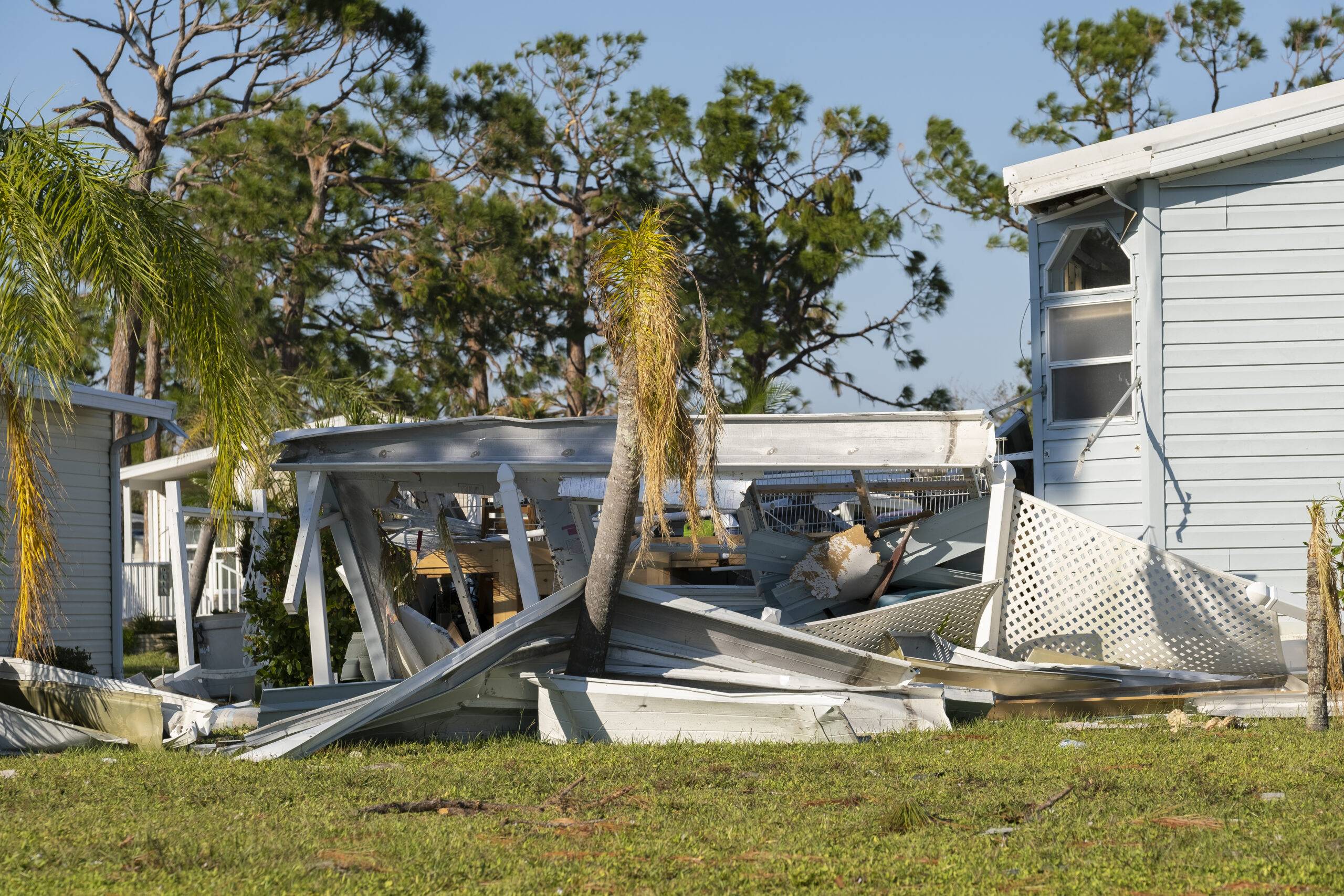
Living Expenses If You Have to Leave
If your home becomes unlivable after a fire or another covered event, most insurance plans include something called “loss of use.” That means they’ll help pay for hotel stays, meals, and other expenses while your house is being repaired. It’s not going to buy you a new home forever, but it can be a huge relief during a stressful time.

Some Weather Events, But Not All
This part can be confusing when you’re reading your policy. Wind and hail are usually covered, but floods and earthquakes usually are not. Those typically require you to buy separate policies. If you live in an area where risks of floods and earthquakes are higher, it’s worth a call to your insurance agent to ask what’s included in your policy. It’s better to know now than find out after the damage is done.
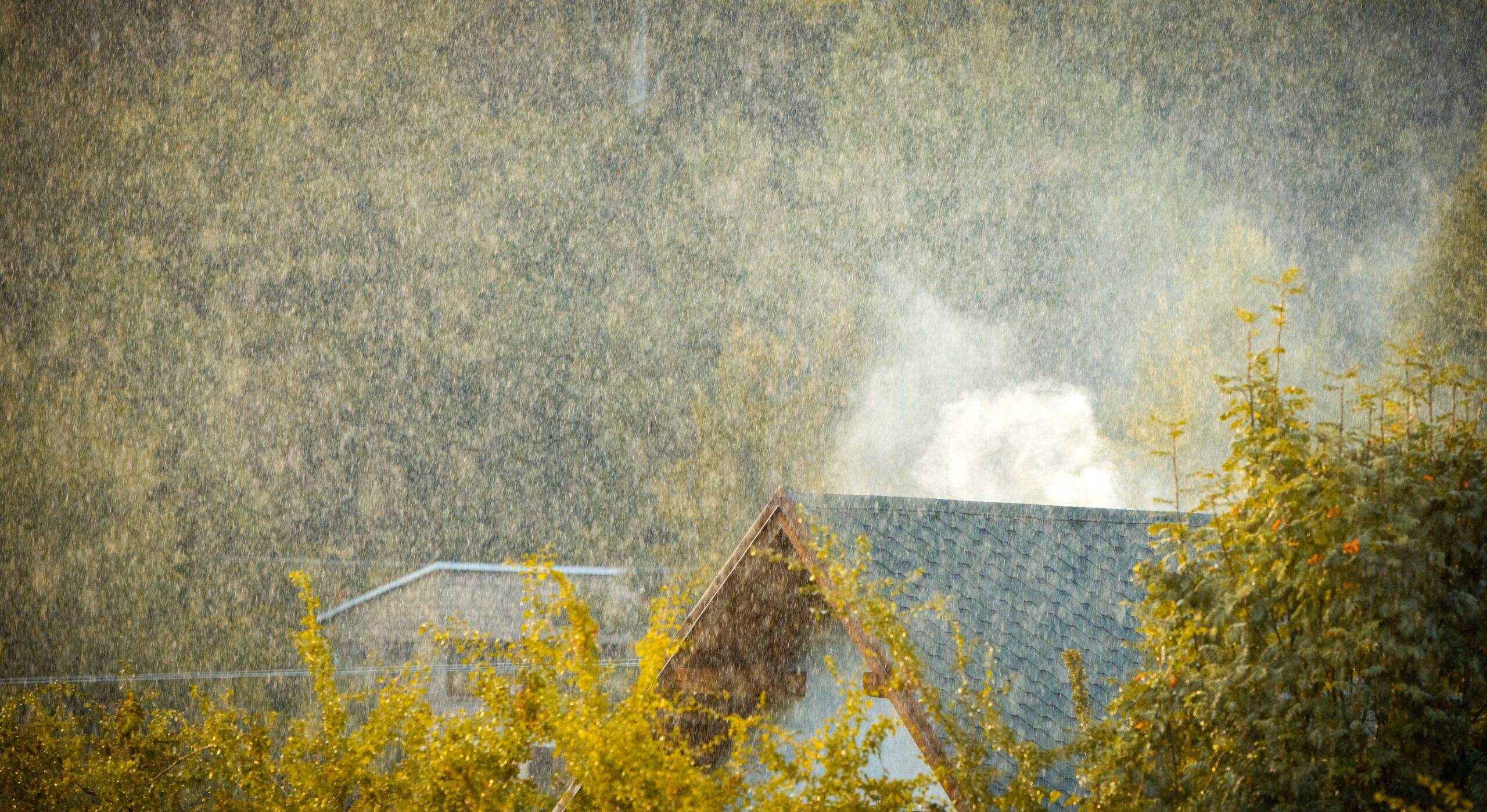
Dog Bites and Other Surprises
Believe it or not, your homeowner’s policy may also help if your dog bites someone. Not all policies do, and some exclude specific breeds of aggressive dogs, but many offer coverage under personal liability. Again, it’s one of those lesser-known protections that you don’t think about, but if your dog bites someone, you’ll be glad to know you’re covered.

What’s Usually Not Covered
It’s just as important to know what isn’t covered as it is to know what is. General wear and tear, neglect, pests like termites, or damage from flooding or earthquakes often fall outside standard policies. And if your home business equipment gets stolen? That might fall under a separate business coverage you need to buy. When in doubt, ask questions. It’s better to adjust your policy than to assume you’re covered and find out you’re not.
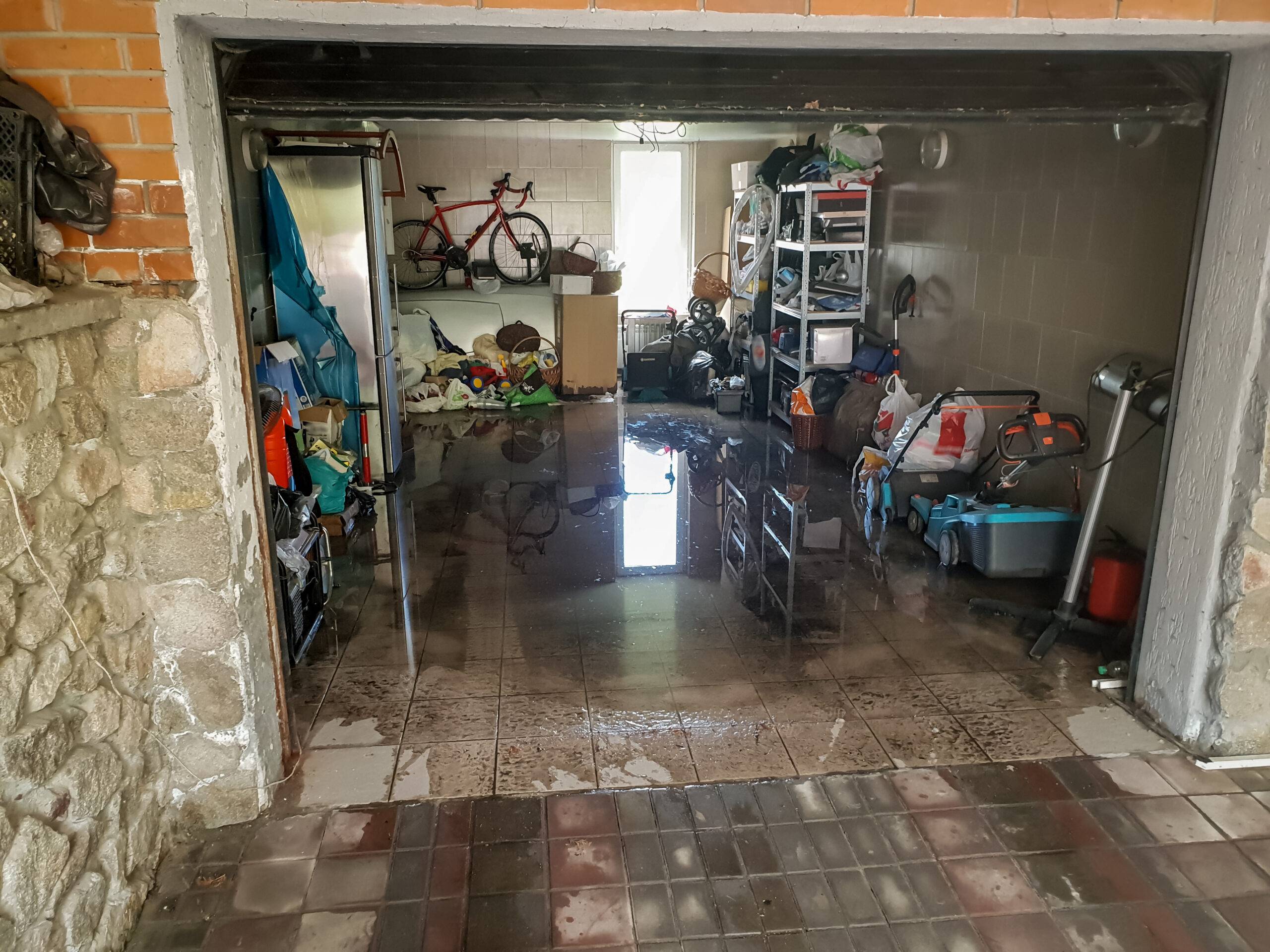
Related Articles
- How to Hire the Right Contractor for Your Home Project
- 7 Tricks the Car Dealership Finance Guy might Try to Pull on You
- Prevent Contractors From Damaging Your Home With These Tips
Homeowner’s insurance isn’t always exciting, but it’s one of those things that can bring real peace of mind, if you understand what it actually covers. A little time spent reading the fine print now can save you a lot of stress down the road. So dig out that policy, give it a look, and don’t be afraid to make a call and ask for clarification. Your future self might thank you for it.








